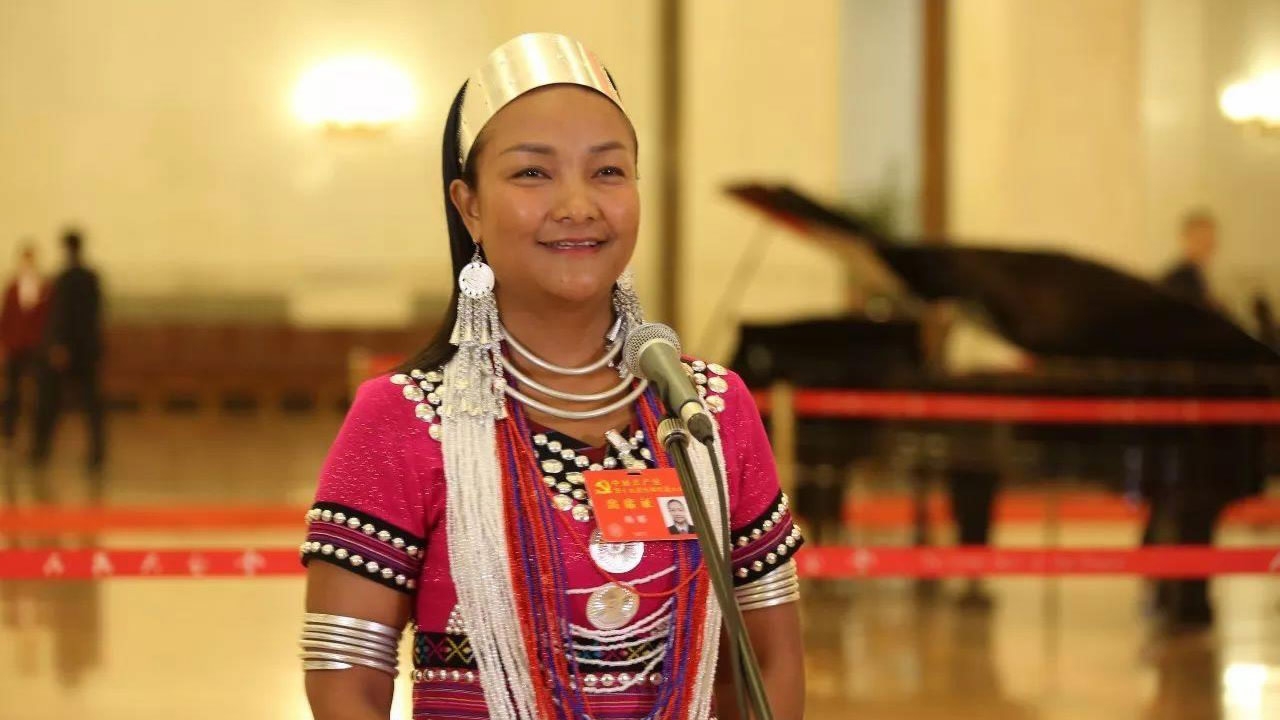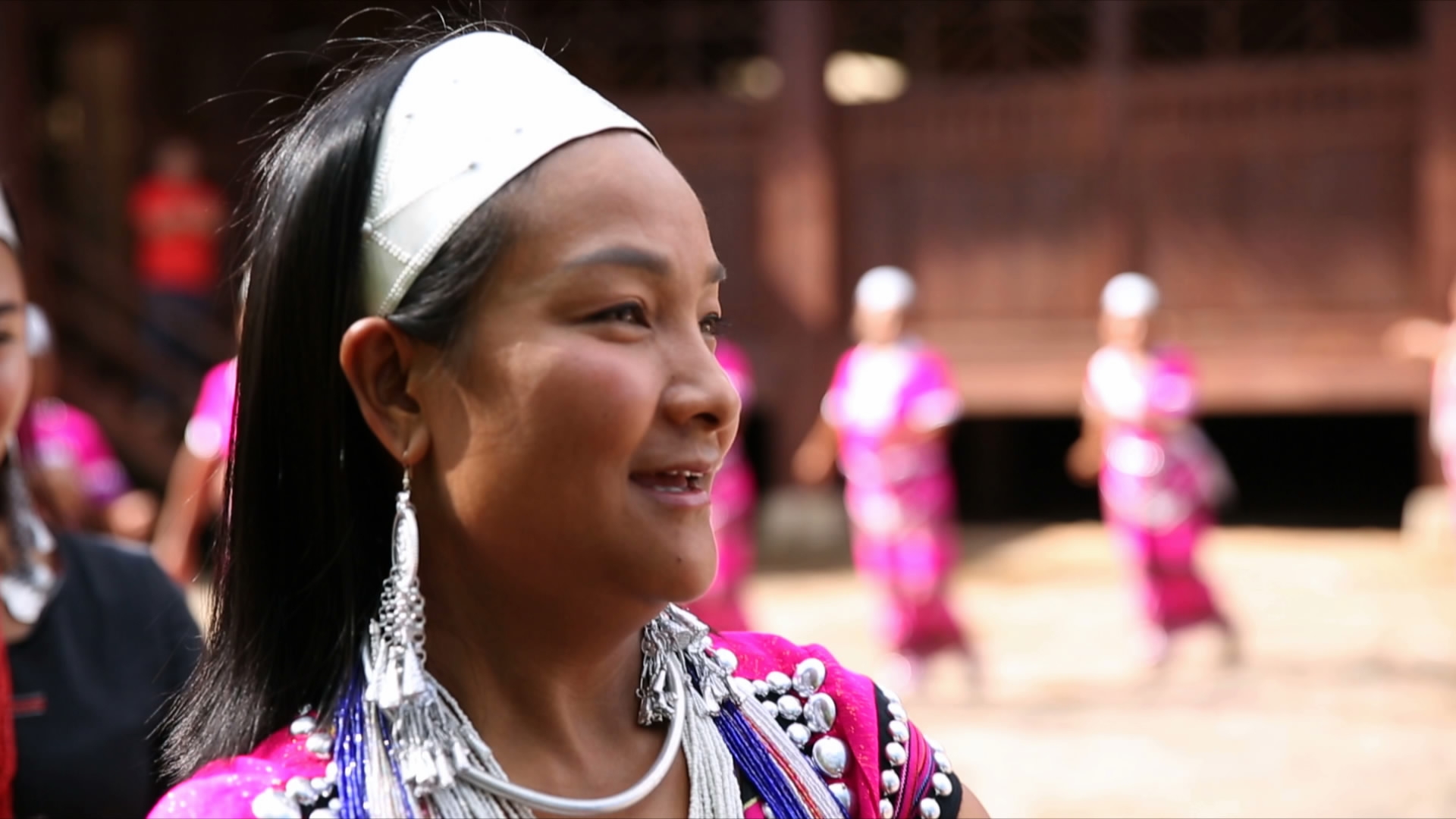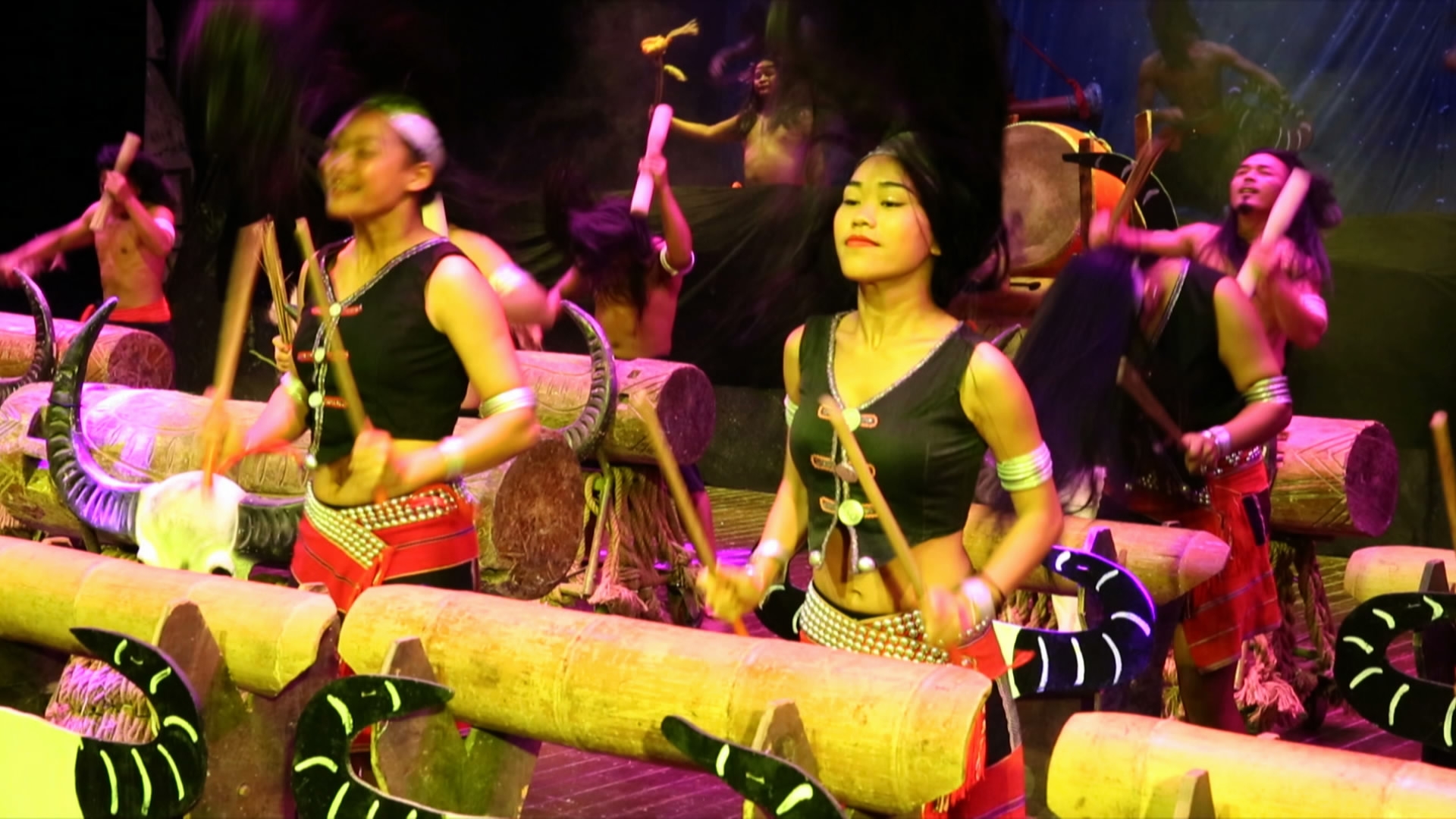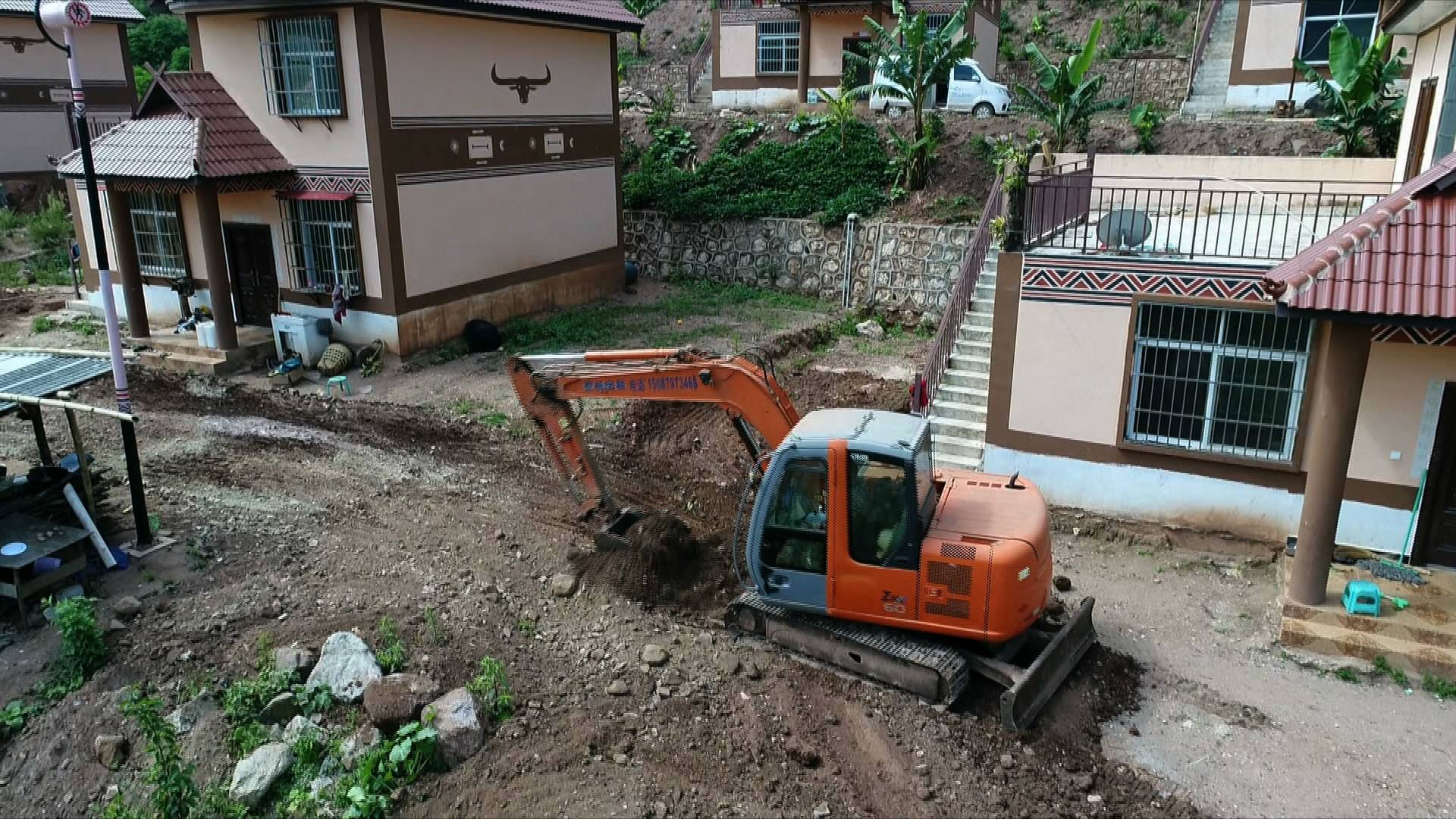
China
10:47, 19-Oct-2017
Ethnic Wa artist dances in celebration of a better life
CGTN’s Tao Yuan

Even before Yang Na was within sight, her laughter – high-pitched, crisp and clear – pierced the air.
Then without warning, she burst into song, her chin held up, her long hair held back with a silver headband, accentuating her dark skin tone.
Yang Na is an ethnic Wa, one of China’s 55 minority ethnic groups. The Wa live mainly in the mountains of southern Yunnan Province, bordering Myanmar.
“That was a song about Jiangsanmuluo, an ancient hero in our culture,” she says, clearly delighted to share the song. “We have our own language, but no script. Music is our script. It carries our history.”
For more than a decade she has worked to bring the song and dance of her people out of the Wa mountains.

Yang Na, the only Wa delegate to the 19th National Congress of the Communist Party of China. /CGTN Photo
Yang Na, the only Wa delegate to the 19th National Congress of the Communist Party of China. /CGTN Photo
For a millennium, the Wa people have led primitive tribal lives, cultivating crops and breeding water buffalo, which they used mainly for sacrificial purposes. Even as modern industrialization sweeps the world, the Wa mountain people have largely been left alone to their age-old ways. That, however, spells poverty.
So the local government has been leading an effort to raise living standards in the border region.
On stage during rehearsal, Yang Na looked on in frustration as her dancers put the finishing touches to a spectacular show called the Wa Tribe. “I want to see your passion for this better life,” she yells. Girls in black-and-red Wa tube top and miniskirts swayed their long hair forcefully into the air as men beat on wooden drums.

A Wa performance. /CGTN Photo
A Wa performance. /CGTN Photo
Their hometown of Ximeng County now looks as modern as any other town, with new roads and residential apartments, modern shops, hotels and restaurants under construction.
The surrounding tribal villages are being transformed into town-like settlements; brick houses replacing traditional straw shacks.
Onstage the history of the Wa people unfolds. Yang Na has led this performance all across the country and beyond. In what she regards as her highest honor, the production even made it to China’s most prestigious stage, the National Center for the Performing Arts in Beijing.
Now Yang Na has a new role, as the only Wa delegate to the 19th National Congress of the Communist Party of China.

Development can be seen everywhere in the Wa region. /CGTN Photo
Development can be seen everywhere in the Wa region. /CGTN Photo
“I’m grateful for all the development that has taken place in the Wa Mountains,” she says, her silver necklace and bracelets chinking as she gestures enthusiastically. But for her, it isn’t enough.
“I want more. This is a unique region, and I hope the Party can make special policies for us where necessary.”
Outside of the theater afterwards, Yang Na heads to visit her grandmother in the village. Her father died in an accident while paving the first road that connected these villages. On the fireplace, the family cooks a traditional meal, porridge with chicken, eaten with hands.
Singing is indispensable. Even Yang’s grandmother, in a thin, frail voice, joined in. “Grandma used to say, singing makes your heart fly,” Yang Na says.

SITEMAP
Copyright © 2018 CGTN. Beijing ICP prepared NO.16065310-3
Copyright © 2018 CGTN. Beijing ICP prepared NO.16065310-3